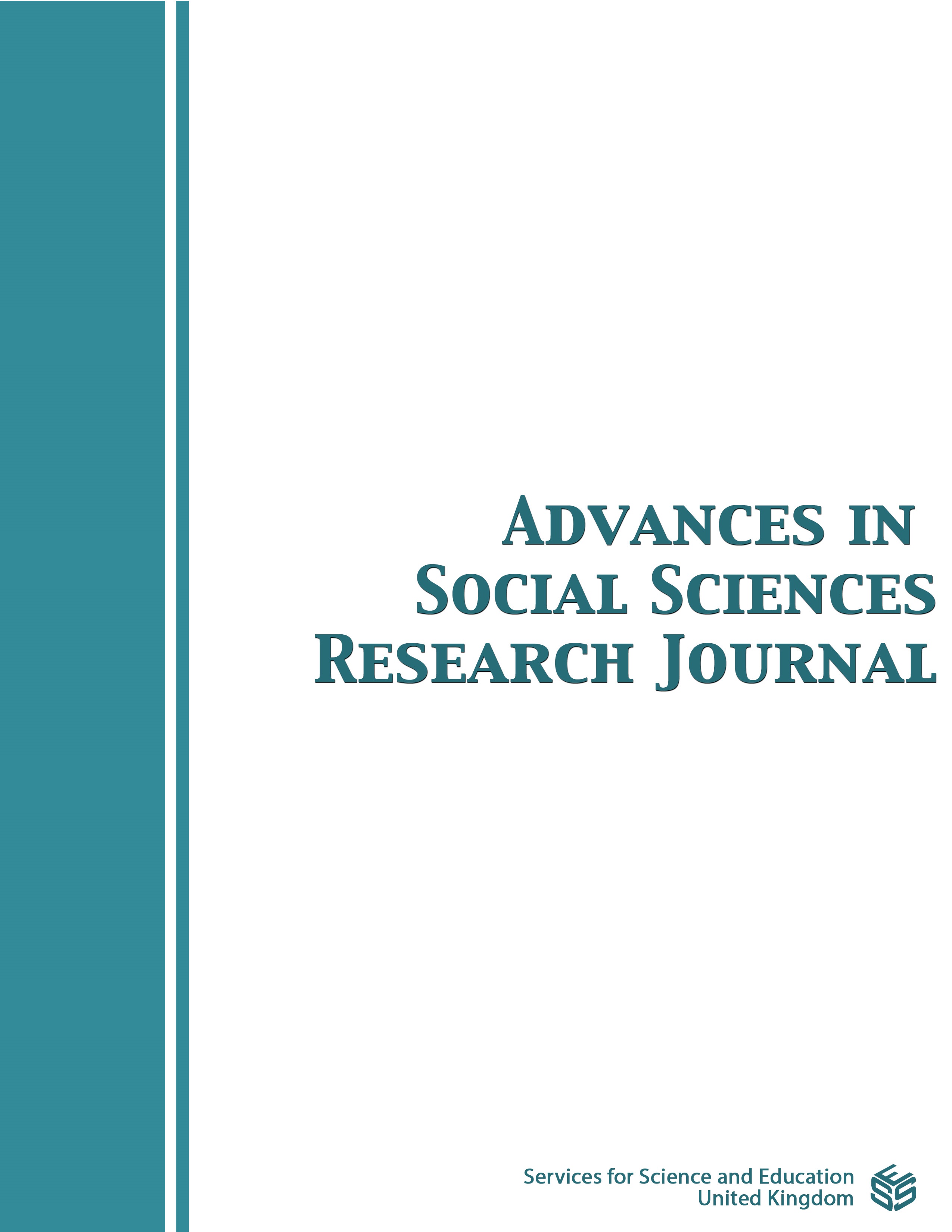The Influence of Motivation, Perceived Discrimination, Acculturation Strategies, and Adaptation on Destination Loyalty
DOI:
https://doi.org/10.14738/assrj.112.2.16417Keywords:
partial least squares, travel loyalty, perceived discrimination, acculturation strategies, education tourismAbstract
Destination loyalty in education tourism can be characterized by tourists’ intention to revisit and their recommendations of the place to others, serving as primary indicators. However, even though there is growing interest among academia and industry players in the concept of destination loyalty, our comprehension of the psychological factors influencing destination loyalty intention remains inadequate. Existing literature has not yet addressed the topic of education tourism in Norway. Therefore, this research explores the attributes of destination loyalty and the influence of perceived discrimination, acculturation strategies, psychological and sociocultural adaptation in elucidating international students' intention to exhibit loyalty in Norway. The theoretical framework draws on motivation theory (Crompton, 1979), acculturation theory (Berry, 1990; Berry, 1997), adaptation (Searle & Ward, 1990), and loyalty theory (Backman & Crompton, 1991), which have been adapted to include perceived discrimination as an additional exploratory variable. This study extends previous research on destination loyalty by investigating the impact of acculturation strategies on enhancing the relationship between travel-related attributes and loyalty. The study utilizes partial least squares (PLS) to examine the links between the variables. Based on a questionnaire survey of international students in Norway, the findings indicate that psychological adaptation and acculturation strategies have a positive impact on loyalty. The coefficient of determination (R2) reveals that the final structural model can account for 34% of the variance in international students’ loyalty behavior. These results highlight the importance for stakeholders in the education tourism industry to recognize the influence of acculturation strategies and psychological adaptation on travel loyalty. Understanding these factors can contribute to enhancing destination competitiveness in education tourism and ensuring its long-term sustainability. The study concludes by acknowledging its limitations and encouraging further research in this area.
Downloads
Published
How to Cite
Issue
Section
License
Copyright (c) 2024 Nor Lelawati Jamaludin, Syarifah Farradina, Nur Melissa binti Mohammad Faisal Wee, Mohd Zaki Bin Sadik, Norina Ahmad Jamil, Nurul Salizawatee Mahpar, Nur Zania Azurin Abdullah Sani, Nur Zania Azurin Abdullah Sani

This work is licensed under a Creative Commons Attribution 4.0 International License.
Authors wishing to include figures, tables, or text passages that have already been published elsewhere are required to obtain permission from the copyright owner(s) for both the print and online format and to include evidence that such permission has been granted when submitting their papers. Any material received without such evidence will be assumed to originate from the authors.






